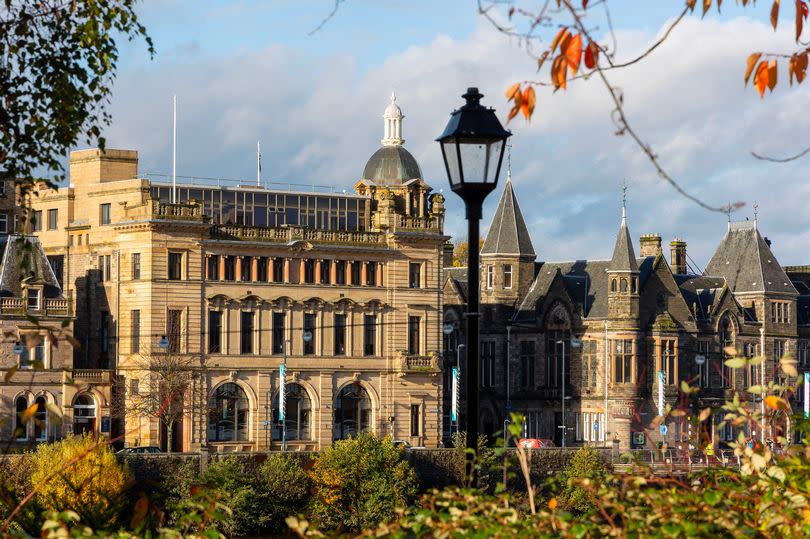New intake of Perth and Kinross primary ones who were babies during COVID pandemic have more additional support needs

Perth and Kinross Council (PKC) has agreed £636,000 more funding to provide extra support for the increased number of incoming primary one pupils with additional support needs.
It was unanimously agreed by councillors on PKC's Finance and Resources Committee when they met on Wednesday, June 12.
Elected members were told COVID had a "significant impact" on the development of some children starting primary school this August who were babies and toddlers during lockdown and COVID restrictions.
The report put before councillors - approved by PKC's strategic lead for Education and Learning Sheena Devlin - requested the committee "approve the draw down of Early Learning and Childcare (ELC) reserves of £393,000 in financial year 2024/25 and £243,000 in financial year 2025/26 to provide additional support in P1 For session 2024/25".
The report stated the extra support was needed for the "increasing challenges of supporting more children with more complex additional support needs as well as children living in communities with the highest levels of deprivation (who we know were most negatively impacted by the pandemic)".
It also stated it was a temporary measure with 83 children starting P1 in August 2024 known to Early Years Inclusion Services compared to 21 in 2025.
The report said: "It is not anticipated that the same level of need will manifest in the following year and as such do not consider that the same approach will be required at that time."
At last week's meeting, Conservative councillor John Duff asked: "Are a lot of the problems we're experiencing put down to COVID and the experience these young children have had coming through that period of time and are we seeing things changing as a result of life returning to a more normal type of situation?"
Strategic lead for Education and Learning Sheena Devlin said a variety of sources including the Joseph Rowntree Foundation showed "the COVID 19 pandemic did have a disproportionate impact on those who were already living in more deprived circumstances".
Ms Devlin said there had been a "significant impact on particular groups of young people" whose development was affected by having limited opportunities to interact with wider groups of other youngsters and adults due to COVID restrictions.
She added: "We have seen a stretch in terms of the gap between the most and least disadvantaged in society as a direct result of that.
"We also know that young people who were born during periods of lockdown, for example, weren't able to have the same level of access to the range of groups where they might be interacting with other young people, where they would be exposed to different groups of adults and all of that informal learning that helps secure development particularly in terms of speech communication but also in terms of growth and fine motor skills.
"And for toddlers that whole bit of being in with other children and learning how to take turns, take your time and not need instant gratification and an immediate response from an adult before you might start playing out."
She said the support model was about providing a "smoother transition from pre-school learning to more formal learning in primary schools".
It was moved for approval by convener Cllr Stewart Donaldson who said it would "allow them to have a successful start" and seconded by vice-convener Grant Laing.
Lifelong Learning convener John Rebbeck - who sits on the Finance and Resources Committee said: "There can be no doubt there's a negative post-COVID legacy in our education system.
Giving his support to the extra funding, he said: "It's early intervention and action and if we don't do this now it will cost us in the long term, both in financial terms and indeed in social capital."
It was unanimously approved.

 Yahoo News
Yahoo News 
